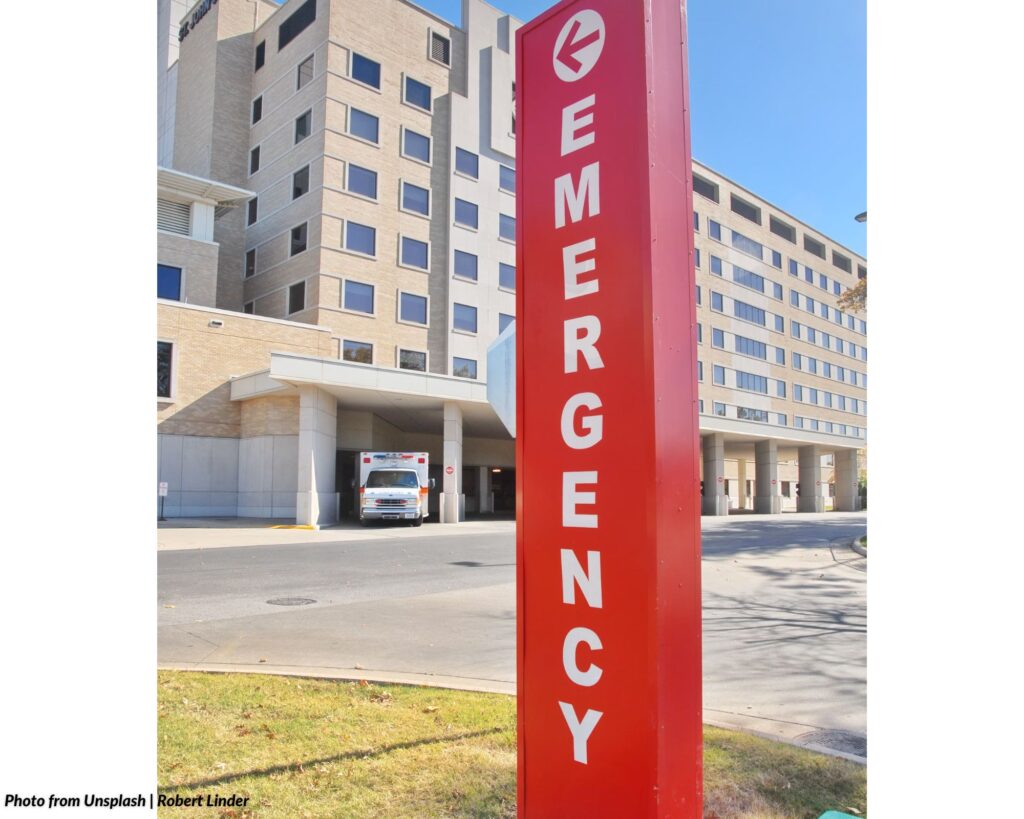
Photo from Unsplash | Robert Linder
The following post does not create a lawyer-client relationship between Alburo Alburo and Associates Law Offices (or any of its lawyers) and the reader. It is still best for you to engage the services of a lawyer or you may directly contact and consult Alburo Alburo and Associates Law Offices to address your specific legal concerns, if there is any.
Also, the matters contained in the following were written in accordance with the law, rules, and jurisprudence prevailing at the time of writing and posting, and do not include any future developments on the subject matter under discussion.
AT A GLANCE:
December 6 of every year is declared as National Health Emergency Preparedness Day, by virtue of Presidential Proclamation No. 705, series of 1995.
The celebration is intended to promote awareness among Filipinos regarding health emergency preparedness through public health education, training and information dissemination at the national level.
Preparedness for health emergencies and basic skills in first aid and cardio-pulmonary resuscitation are recognized as appropriate public health intervention for injury and prevention and control. Moreover, injuries, trauma and other health emergencies are regarded as a leading cause of death in the Philippines.
Thus, Proclamation No. 705, series of 1995 was issued declaring December 6 of every year as the National Health Emergency Preparedness Day throughout the country.
The law says:
“NOW THEREFORE, I, FIDEL V. RAMOS, President of the Republic of the Philippines, by virtue of the powers vested in my by law, do hereby declare December 6, 1995, and of every year thereafter, as National Health Emergency Preparedness Day.
For this purpose, I call on all sectors and organizations, especially the Department of National Defense, the Armed Forces of the Philippines, the Department of Health, the Department of Education, Culture and Sports, the Department of Labor and Employment, the Department of Transportation and Communications, the Philippine Youth Commission, the Department of Social Welfare and Development and the Philippine Information Agency and other national agencies of government, as well as local government units to join hands with the private sector, non-government organizations, peoples organizations, media, women, youth and business corporations to:
a) promote health emergency preparedness awareness;
b) provide health emergency preparedness skills trainings available to all citizens;
c) participate in the nationwide campaign to prevent accidents and injuries; and
d) instill in the general citizenry respect for laws and ordinances that promote public safety and prevent injuries, trauma and accidents.” (Proclamation No. 705, series of 1995)
The celebration of National Health Emergency Preparedness Day is intended to promote awareness among Filipinos regarding health emergency preparedness through public health education, training and information dissemination at the national level.
With regards to policies in labor regarding emergency preparedness, the Occupational Safety and Health Standards has provided for programs that every workplace shall have, including policies, guidelines or information relating to the following:
a) Statement of commitment to comply with OSH requirements;
b) General safety and health, including a drug-free workplace;
c) Human Immunodeficiency Virus (HIV) and Acquired Immune Deficiency Syndrome (AIDS)/tuberculosis/hepatitis prevention control;
d) Company or project details;
e) Composition and duties of the safety and health committee;
f) Occupational Safety and health personnel and facilities;
g) Safety and health promotion, training and education;
h) Conduct of toolbox meetings;
i) Accident/incident/illness investigation, recording and reporting;
j) Provision and use of PPE;
k) Provision of safety signage;
l) Dust control and management, and regulations on activities such as building of temporary structures, and lifting and operation of electrical, mechanical, communications systems and other equipment;
m) Provision of workers’ welfare facilities;
n) Emergency preparedness and response plan;
o) Waste management system; and
p) Prohibited acts and penalties for violations. (Section 12, R.A. No. 11058)
The employer, contractor, or subcontractor, shall prepare and execute such safety and health program in consultation with the workers and their representatives. The safety and health program shall be submitted to the Department of Labor and Employment, which shall approve, modify or disapprove it according to existing laws, rules, regulations and other issuances. (Section 12, R.A. No. 11058)
Under Republic Act No. 11058 or the “Act Strengthening Compliance with Occupational Safety and Health Standards and Providing Penalties for Violations Thereof” (R.A. No. 11058), it is a declared policy to protect every worker against injury, sickness or death through safe and healthful working conditions thereby assuring the conservation of valuable manpower resources and the prevention of loss or damage to the lives and properties (Section 1, R.A. No. 11058)
Did you know that an employee has the right to refuse to work if the work is determined to be unsafe, dangerous or may result in illness, injury or death? Section 6 of R.A. No. 11058 provides that:
“The worker has the right of refusal to work without threat or reprisal from the employer if, as determined by the DOLE, an imminent danger situation exists in the workplace that may result in illness, injury or death, and corrective actions to eliminate the danger have not been undertaken by the employer.”
Workers and their representatives also have the right to report accidents, dangerous occurrences, and hazards to the employer, to the DOLE and other concerned government agencies exercising jurisdiction as the competent authority in the specific industry or economic activity. (Section 7, R.A. No. 11058)
Read also: National Child Health Day (Proclamation No. 100, series of 1948)
Alburo Alburo and Associates Law Offices specializes in business law and labor law consulting. For inquiries regarding taxation and taxpayer’s remedies, you may reach us at info@alburolaw.com, or dial us at (02)7745-4391/0917-5772207.
All rights reserved.

